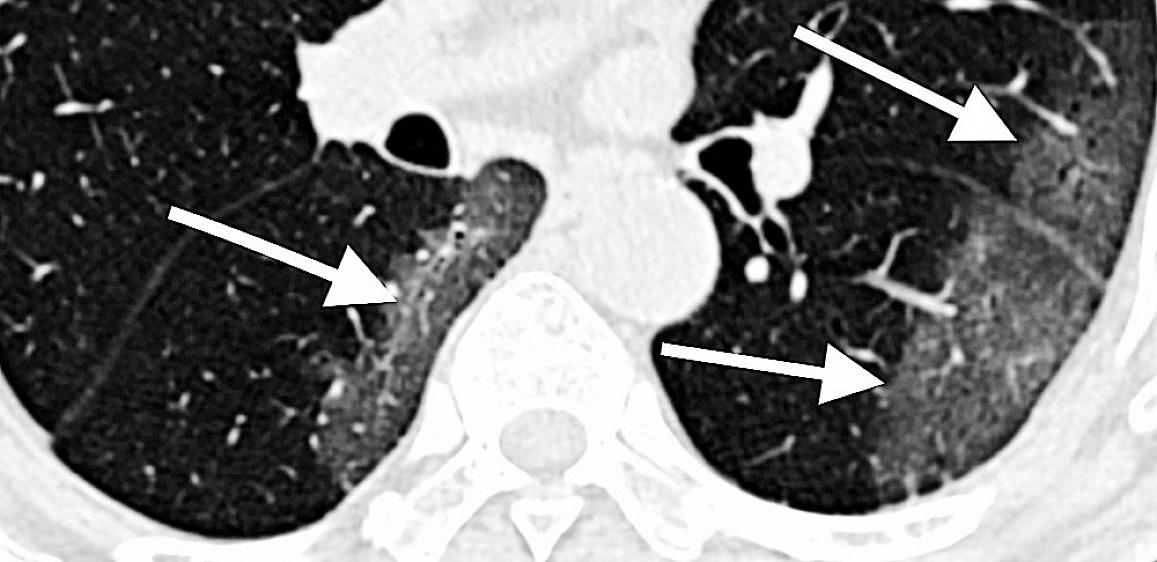
The National Institutes of Health (NIH) launched the Medical Imaging and Data Resource Center (MIDRC) this week, beginning a new effort to fight the COVID-19 pandemic through a mix of artificial intelligence-created tools and medical imaging.
MIDRC is a collaboration of multiple institutions, including the American College of Radiology, the Radiological Society of North America, and the American Association of Physicists in Medicine. The National Institute of Biomedical Imaging and Bioengineering (NBIB) will lead these efforts. Data sourced from these organizations will aid rapid collection, analysis, and distribution efforts of imaging and associated clinical data, in hopes of quickly revealing particular features of COVID-19.
“This program is particularly exciting because it will give us new ways to rapidly turn scientific findings into practical imaging tools that benefit COVID-19 patients,” NIBIB Director Bruce Tromberg said. “It unites leaders in medical imaging and artificial intelligence from academia, professional societies, industry, and government to take on this important challenge.”
According to the NIH, this could help because features of infected lungs and hearts shown on these images could help doctors to evaluate the severity of the disease and predict response to treatment. Doing this rapidly is a challenge, though, since it often must be done in tandem with other clinical symptoms and tests. New diagnostics, particularly machine learning algorithms, could speed up the process and boost accuracy and optimization.
“This major initiative responds to the international imaging community’s expressed unmet need for a secure technological network to enable the development and ethical application of artificial intelligence to make the best medical decisions for COVID-19 patients,” Dr. Krishna Kandarpa, director of research sciences and strategic directions at NIBIB, said. “Eventually, the approaches developed could benefit other conditions as well.”




